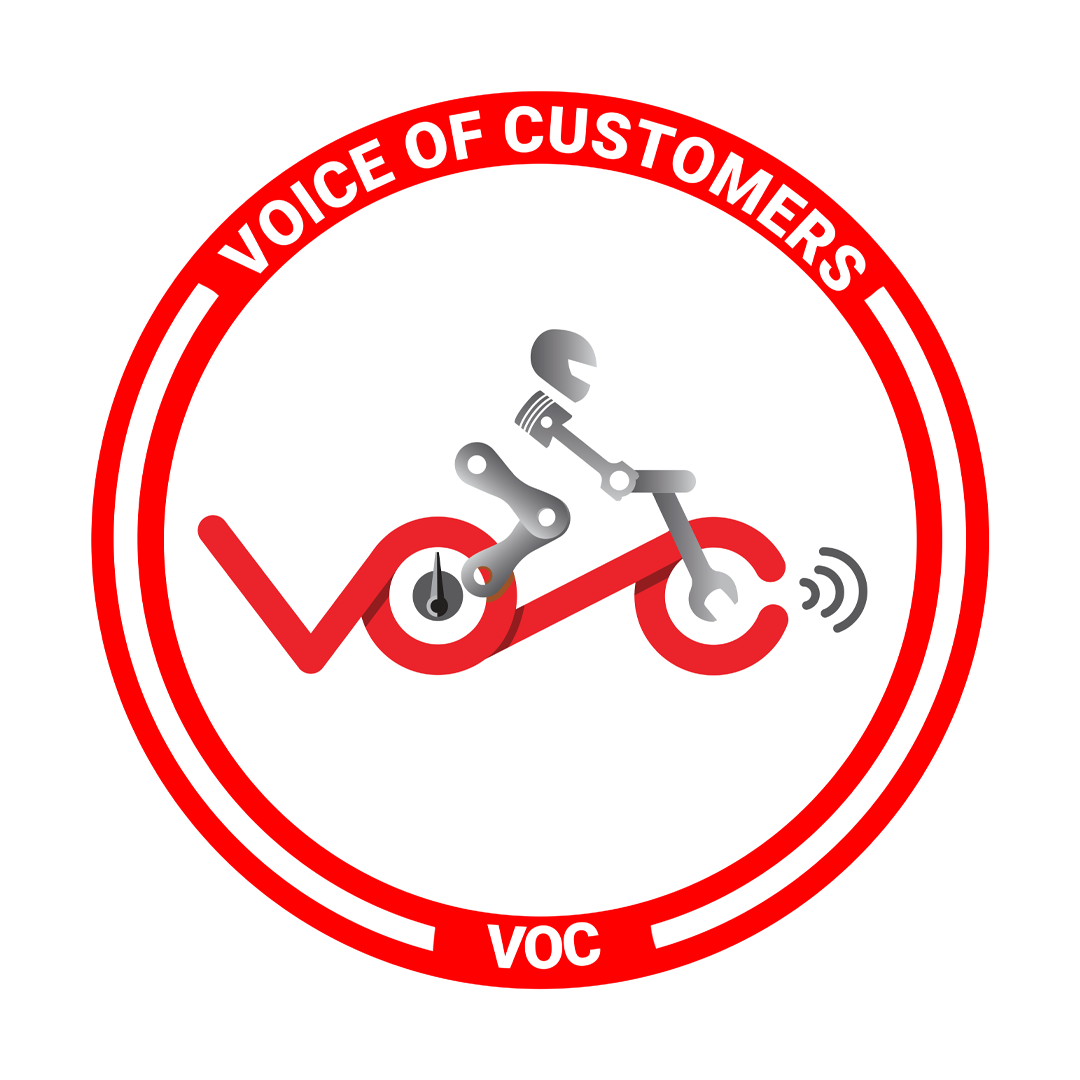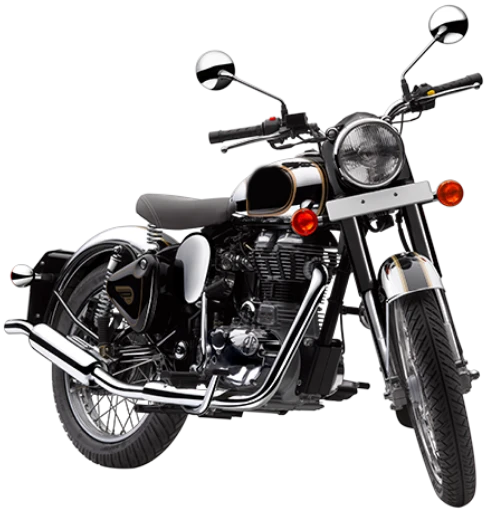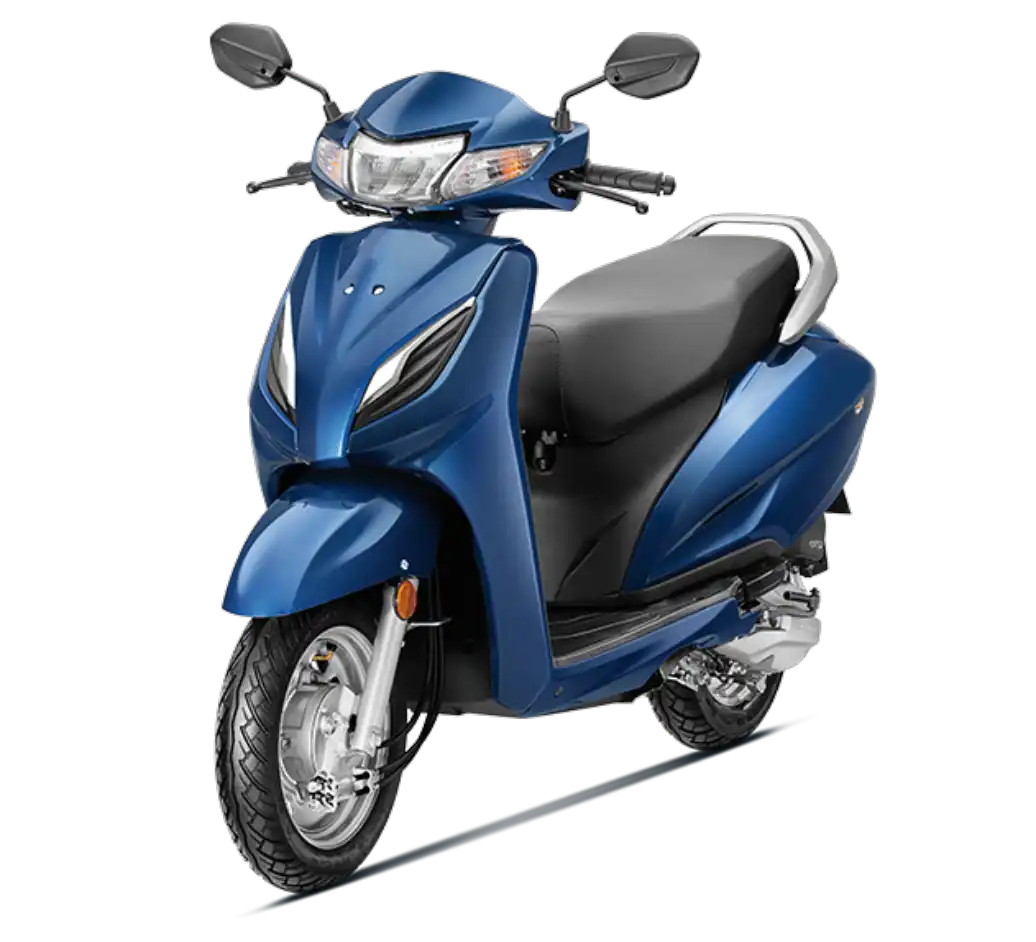
Menu
PLANS & PRICING
PARTNER WITH US (B2B)
BUY AND SELL
DOWNLOAD
SMART-RIDER APP
Say goodbye To your bike problems


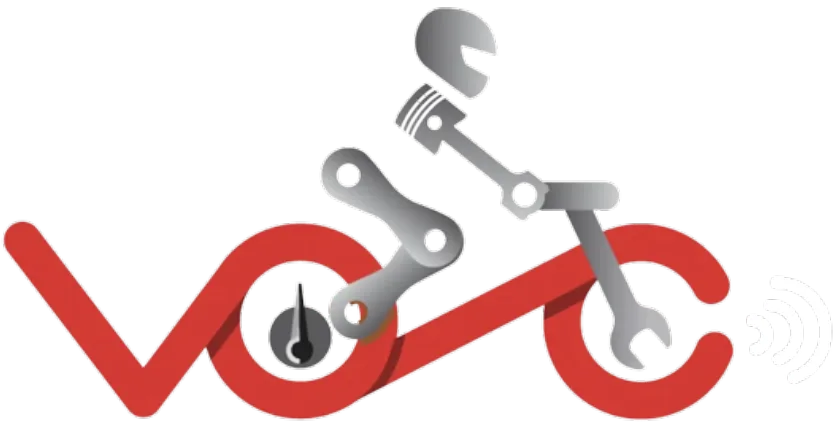

Menu
DOWNLOAD THE
SMART-RIDER APP TODAY
Say goodbye To your bike problems



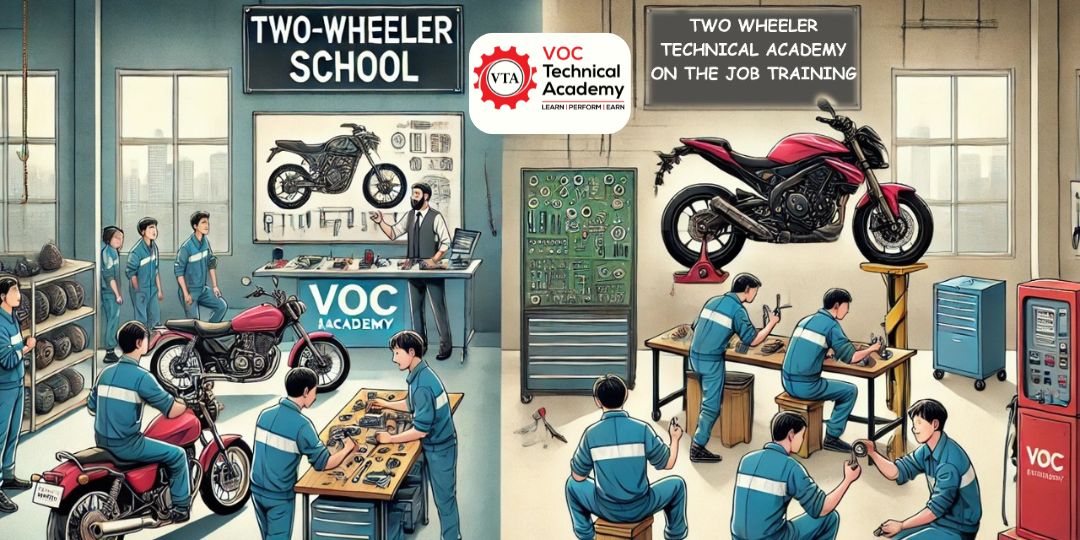
March 26, 2025
Two-Wheeler School vs. On-the-Job Training: What's Best?
If you aspire to become a skilled two-wheeler mechanic, you have two main paths: enrolling in a Two-Wheeler Service Training Academy or gaining hands-on experience through on-the-job training. Both options come with unique benefits, but which one suits you best? Let's explore their differences and advantages.
Advantages of Two-Wheeler Service Training Academies
A Motorcycle Mechanic Training program at an Automotive Technical Training Institute offers structured learning that combines theory with practical experience. Here’s why it can be a smart choice:
1. Industry-Recognized Certification
Completing a Two-Wheeler Technician Certification program boosts your credibility and enhances job opportunities, as many employers prefer certified professionals.
2. In-Depth Knowledge
Two-Wheeler Service Center Training Programs provide extensive training on bike repair, diagnostics, and maintenance, ensuring a well-rounded skill set.
3. Hands-on Training in a Safe Setting
Unlike informal learning, Bike Repair and Maintenance Courses offer supervised practical sessions, minimizing risks and enhancing confidence.
4. Accelerated Learning
A structured Motorcycle Service Technician Training curriculum allows for faster skill acquisition compared to trial-and-error methods in on-the-job learning.
5. Better Employment Prospects
Graduates from an Automotive Vocational Training program often secure better-paying jobs due to their formal education and specialized skills.
Benefits of On-the-Job Training
While formal Two-Wheeler Service Skills Development programs have their merits, some prefer hands-on industry training. Here’s why:
1. Real-World Practical Exposure
Training at a Two-Wheeler Repair Workshop allows learners to work on actual customer vehicles, gaining valuable industry experience.
2. Earn While Learning
Unlike an Automotive Repair Certification Program, on-the-job training enables you to earn a salary while developing your skills.
3. Exposure to Various Bike Models
A Vocational Training for Two-Wheeler Mechanics in a working service center provides experience with different two-wheeler brands and models.
4. Networking and Industry Connections
Trainees in a Technical Academy for Bike Repair build relationships with professionals that can lead to job referrals and career growth.
5. Immediate Skill Application
Learning within a Professional Mechanic Training for Two-Wheelers setting allows for immediate application of newly acquired skills.
Which Path is Right for You?
Deciding between a Motorbike Service Technician Course and on-the-job training depends on your career aspirations:
- If you prefer structured education, accelerated learning, and certification, a Training Institute for Two-Wheeler Technicians is the best choice.
- If you want direct industry exposure, hands-on practice, and earning opportunities, on-the-job training may be more suitable.
Final Thoughts
Both options can lead to a successful career in Automotive Education for Two-Wheeler Mechanics. However, the ideal approach is to combine both—start with formal education at a Motorcycle Servicing Training Institute and then gain real-world experience. Whether through a Two-Wheeler Technician Development program or workplace learning, continuous skill enhancement is key to excelling in the two-wheeler service industry.
GET,SET,VOC
BRANDS WE SERVE


